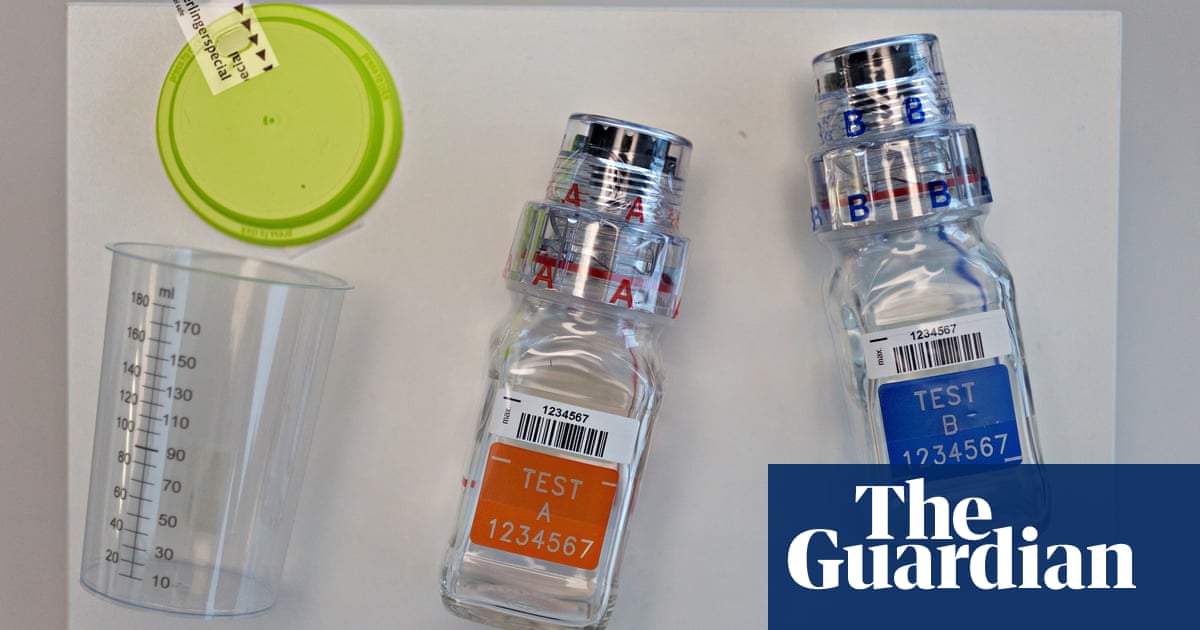Elite athletes have been warned against having one-night stands because of the risk they could be contaminated with banned drugs from engaging in casual sex.
The warning came as top lawyers and anti-doping experts debated contamination cases in sport before highlighting the hidden dangers for the Tinder generation.
Mark Hovell, a leading sports lawyer and the independent chair in theJannik Sinner anti-doping case, raised the issue of the French tennis player Richard Gasquet, who was cleared after testing positive for cocaine after showing it came from kissing a woman in a nightclub.
“Gasquet managed to get her to come and give evidence to say: ‘Yes, I’m a cocaine addict. I use cocaine,” Hovell added. “‘I kissed him in this nightclub.’ But with a one-night stand, how are you going to be able to find that person again? That’s the problem.”
Asked by the moderator Jacqui Oatley whether an elite athlete was opening themselves up if they didn’t get a phone number of the person they slept with, Hovell nodded before saying: “They might not have the evidence they need.”
Another panellist, Travis Tygart, the head of the US Anti-Doping Agency, said he agreed with Hovell’s assessment and cited the case of the American boxer Virginia Fuchs in 2020.
Fuchs tested positive for prohibited substances, but was cleared after proving that the metabolites detected in her sample were consistent with recent exposure via sexual transmission with her male partner.
“I think based on the cases we’ve seen, watch who you kiss and watch out who you have an intimate relationship with,” Tygart told the Sports Resolutions conference.
Tygart also called on the World Anti-Doping Agency to raise the minimum reporting level of substances that could be sexually transmitted, such as clostabal and ostarine – so that if anti-doping laboratories found a trace amount in an athletes’ sample they would not risk a sanction.
“I think it’s a pretty ridiculous world we’re expecting our athletes to live in, which is why we’re pushing to try to change these rules to make it more reasonable and fair,” said Tygart.
“The onus is always on the athletes – we as anti-doping organisations, need to take some of that responsibility back. And I worry how many of the intentional cheats are actually getting away because we’re spending so much time and resources on the cases that end up being someone kissing someone at a bar.”
Tygart also reignited his feud with Wada over the case of 23 Chinese swimmers who tested positive for the banned drug TMZ before later being cleared.
It came as Usada said it had worked out that 96 medals at the Tokyo and Paris Olympics could have potentially have been affected by the cases, and that Wada had a responsibility to clean athletes to do more.
“It’s basically been a year since China’s failure to follow the rules that resulted in no consequences,” Tygart said. “And you run the numbers from the 2021 Summer Olympics and the 2024 Summer Olympics in swimming, and potentially 96 medals have been impacted by those swimmers who had, 23 swimmers who had positive tests.
“And arguably, they should have gotten four years. TMZ is in the category of four years unless they prove source and no intent. And unfortunately the system, for whatever reason, is not willing to get to the bottom of it in a real and meaningful way.”
